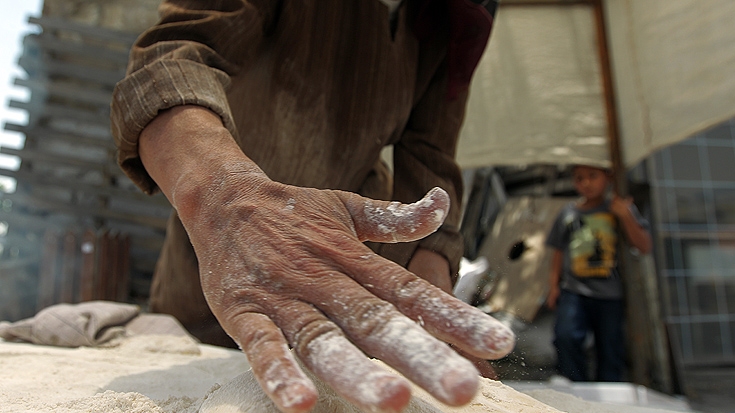The Ad Hoc Liaison Committee (AHLC) meeting of September 2013 comes at a time of deteriorating economic conditions in the West Bank and Gaza and continuing fiscal challenges for the Palestinian Authority (PA). However, the renewed talks between the Government of Israel (GoI) and the PA, and proposed plans for a substantial economic package aimed to boost private sector investment, could reverse the current trend, if coupled with a significant easing of restrictions by the GoI, continued reforms by the PA, and a commitment of ongoing financial support from the international community.
The economic situation has deteriorated since the last report in March, 2013. For the first time since 2002, economic output in the West Bank contracted during the first quarter of 2013, and almost one out of three participants in the labor force in Gaza was unemployed during the first half of 2013. Lower than anticipated growth contributed to the PA’s revenues falling below the budget target. A sizeable financing gap of approximately USD320 million is forecast by the end of 2013 despite an increase in donor budget support in the first half of 2013 compared to the same period last year. Absent additional donor assistance, the PA will need to find ways to close the financing gap either through relatively costly borrowing from domestic commercial banks or accumulating further arrears to the pension system and private sector. The latter would, however, have negative consequences for liquidity, growth and subsequently tax revenues. In addition, the provision of public services may be negatively affected by unrelenting fiscal challenges. The economic situation, however, stands to gain from potential agreements in the context of the resumed political negotiations and the intention to bring large scale private investment to the West Bank and Gaza.
As noted in previous reports, the most significant impediment to economic viability in the Palestinian Territories is the multi-layered system of restrictions imposed by the GoI. The system of restrictions constrains investment, raises costs for doing business, and hinders economic cohesion. Restrictions on access and movement also negatively affect the PA’s capacity to deliver public services. While some actions have recently been taken by the GoI to relax certain restrictions, stronger measures to significantly ease pervasive remaining obstacles that currently prevent private sector led economic growth are warranted.

